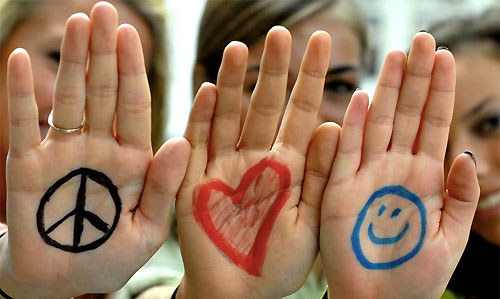|
Part IV: Would reconciliation process work in post-war Sri Lanka?
By Satheesan Kumarasamy Aug 31, 2015 | |
 (From previous issue) Baitley argues that "criminal offences are not really wrongs against a victim but simply the cost of doing business in society. However, when dealing with society and handling an issue where taking actions against a particular community, the restorative approach is the best solution, which is proven in the South African context. ARGUMENT The restorative framework worked fine within the South African context as the theories have suggested, but the Sri Lankan leadership has not used the same method, even though such theories have produced a great sense of hope that might make T & R a success in Sri Lanka. But three years after the end of the war, the Sri Lankan government has not yet engaged the affected communities in dialogue. Rather, the idea of a unitary system of government in a multi-ethnic country is also seen as critical, because a unitary form of government would not allow for decentralization, and the minorities might feel alienated by the State. Rather than diffusing the conflict, the Sri Lankan government is grabbing the lands of the Tamils through forceful means. They are building more military establishments in the north and east of Sri Lanka and, even in the absence of a military dynamic, it makes the Tamils feel they are living under the surveillance of the Sri Lankan government. Certain fundamental moral and political actions need to be undertaken by the government. Sharp differences between the South African case and the Sri Lankan case are evident from what the Sri Lankan regime is doing. While in South Africa, it was a privileged minority that systemically practiced racial discrimination against the majority. In Sri Lanka, it is the majority that uses its armed forces to target the minority community to submit politically and economically. The restorative justice model promoted in South Africa was known for its high-pitched contrast from the Nuremberg trials, which were based on retributive justice to deal with war criminals and charges of genocide, with punishments meted out for those in command responsibility and for those following superior orders. The South African model focused more on reformation of the system and rehabilitation rather than punishment. The restorative justice model of South Africa, while it won applause from promoters of liberal peace, drew strong criticisms from many victims and their families, including the family of prominent black activist Steve Biko, who was killed under the apartheid regime. Internationally acclaimed intellectuals and writers like John Pilger also criticized the process for giving primacy to a smooth political transition over justice, and for being lenient to those guilty of criminal offenses for this purpose. However, in the context of Sri Lanka, this model means that, under the existing political structure of the unitary state, occupation by Sri Lankan military of Tamil areas, Sinhala colonization of Tamil areas, erecting Buddhist temples in Tamil areas, and vast lands of Tamils being occupied by the Sri Lankan military under the guise of "no-man" areas are grave concerns. All these should be addressed before a meaningful reconciliation process can take place, and only then asking the Tamils and Sinhalese to forgive and forget. In the aftermath of the war in 2009, there was a growing demand for the international community to investigate the final phase of the war. UN Secretary-General Ban Ki-Moon appointed a panel of experts, whose report was rejected by the Sri Lankan government. The UN panel of experts recommended to the UN Secretary-General the need to focus on accountability issues with respect to the final stages of the conflict in Sri Lanka. They reported they had obtained credible reports of war crimes committed by both the government and the LTTE, and called for genuine investigation into the allegations. In response to calls for an independent international inquiry into allegations of war crimes, the government of Sri Lanka established its own eight-member Lessons Learnt and Reconciliation Commission (LLRC) in May 2010. The Sri Lankan government argued that the LLRC should be given a chance to look into the causes and consequences of events in the period from February 2002 to May 2009 and to find ways of fostering reconciliation. The LLRC held its first meeting on August 11, 2010. In November 2010, the president extended its mandate till May 15, 2011. (To be continued) (The author can be reached at e-mail: satheesankumarasamy@yahoo.com) comments powered by Disqus |
|